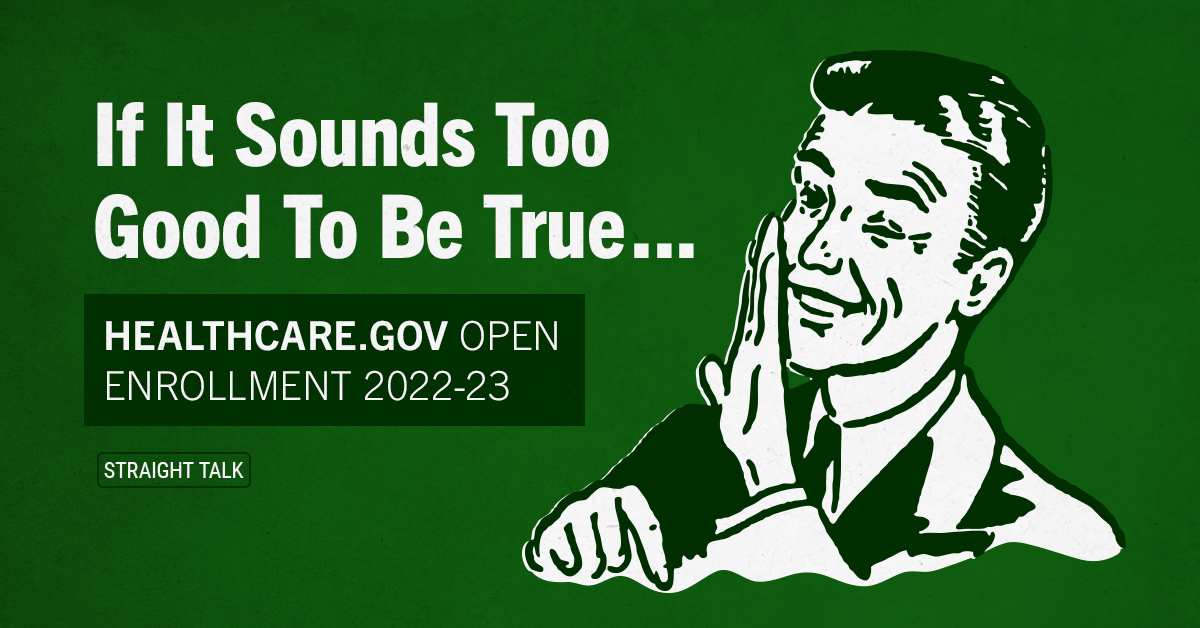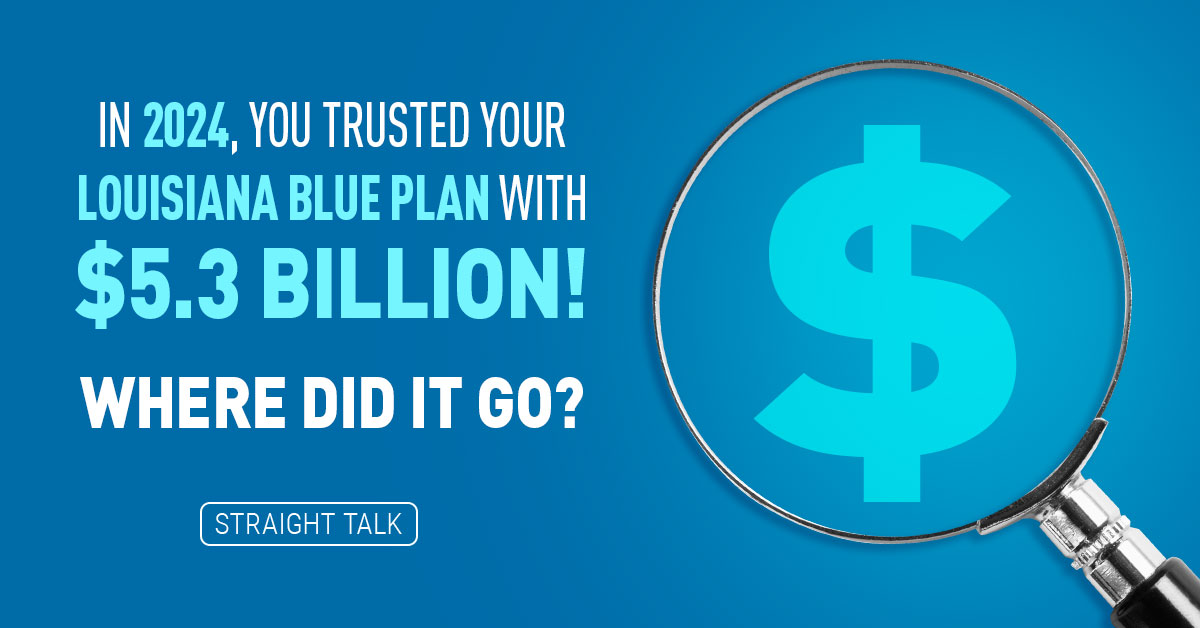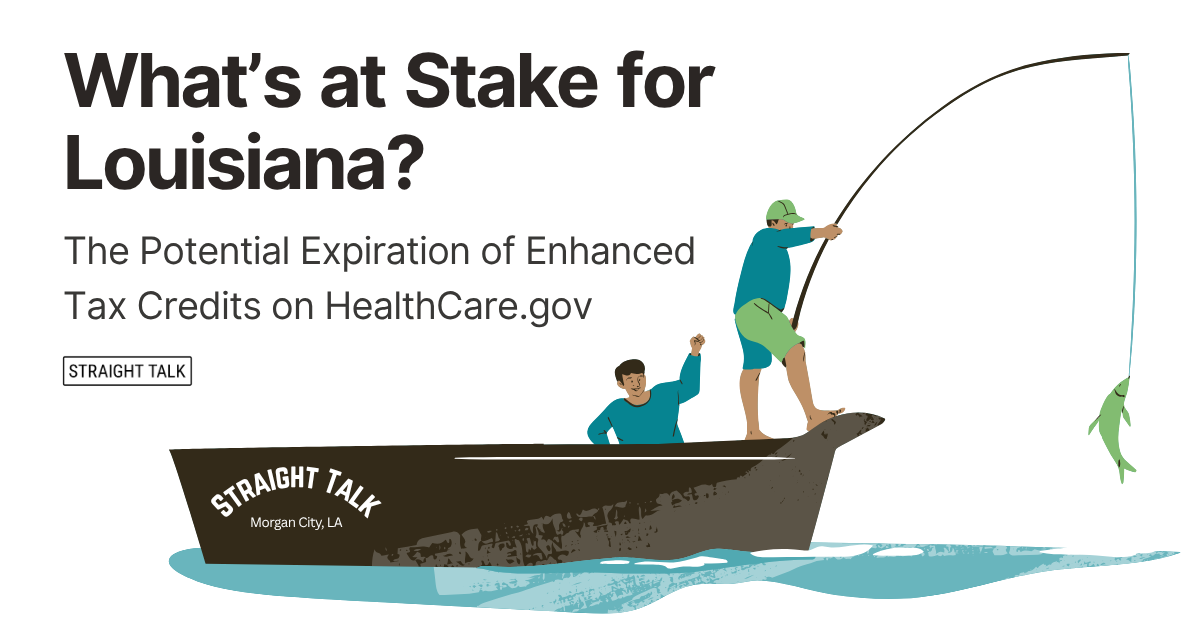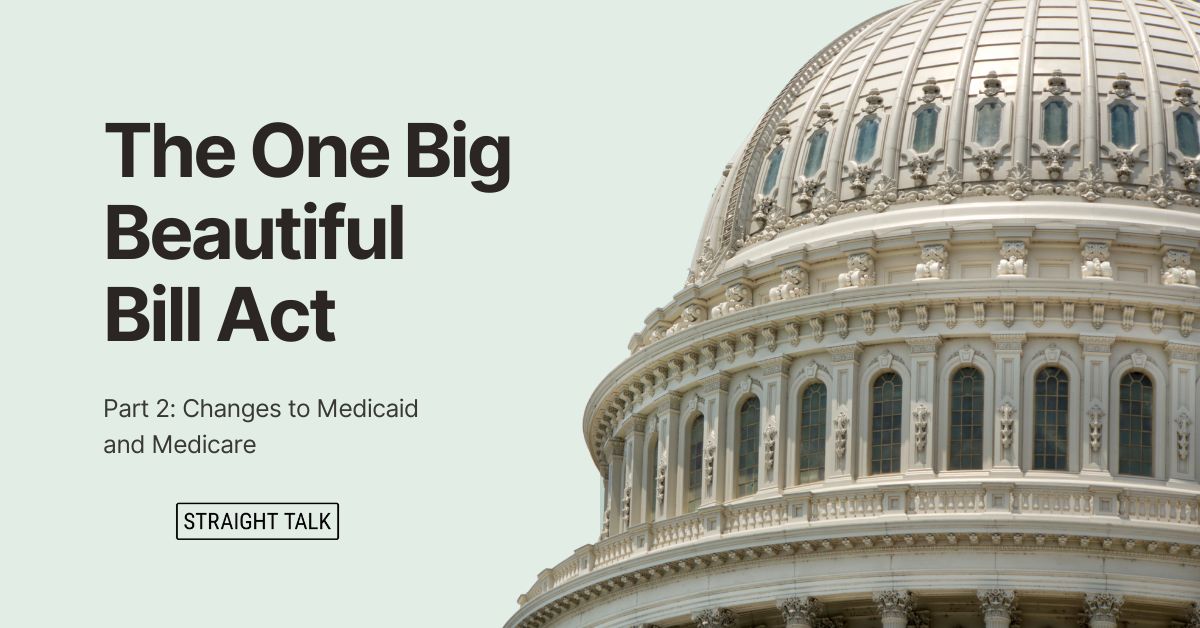Healthcare.gov Open Enrollment for 2023
Mike realized a lot of the lessons he shared during last year’s Open Enrollment Period still track! He’s updated that 2021 post to share tips to keep in mind as you’re shopping for your health plan coverage.
So, it’s 1985, and 24-year-old me is having a conversation with my Dad about credit cards …
Me: “Dad, I don’t see what the big deal is! The store sent me a credit card in the mail with a $500 limit, and I needed one of those new microwave ovens and it was only $400. I was going to have to save that up, but with this credit card, I can pay for it a little at a time, AND I get to start cooking with the oven NOW!”
Dad: “Son, what you don’t understand is credit cards encourage you to live above your means. They trick you into believing you have the ability to afford a bigger lifestyle than you can actually afford. Before you know it, you are buried in debt, and all you have to show for it is a bunch of stuff you don’t really need, trips you’ve already taken, or meals you’ve already eaten.”
Me: “Silly old man. Times have changed! This is so easy!”
Dad: “If it feels easy, and it sounds too good to be true, you really ought to start worrying.”
Even now, 37 years later, I’ve burned that conversation into my brain because, as usual, Dad was right. It’s a lesson we should all learn: “If it sounds too good to be true, beware!”
If It Sounds Too Good to Be True
Open Enrollment for Healthcare.gov is in full swing and goes until Jan. 15, 2023. So, if you don’t get insurance through a job, don’t get Medicare or Medicaid and buy individual health insurance, it’s time to log in and start shopping for your 2023 plan. The good news is that here in Louisiana you have many choices. But buyer beware – there are some things you need to know before you agree to purchase.
Look for Star Ratings
You’ll see some relatively new insurance companies in the market. While you are looking through their plans, be on the lookout for tactics that could prevent you from seeing important information about the quality of their health insurance products.
Healthcare.gov uses star ratings to convey consumer satisfaction with health insurance products. Like most 1-5 star ratings, 5 stars is the best.
Products that have been offered on Healthcare.gov in past years will have star ratings. (For instance, you’ll notice Blue Cross plans and Vantage Health plans have star ratings – typically 4+ stars). New products that have not been sold on Healthcare.gov in Louisiana before won’t have the ratings. That’s why NONE of the newer insurance participants have plans with star ratings for you to look at. Some of those companies have offered plans on Healthcare.gov before, but they tweaked their plans from previous years so they classify as “new” and therefore don’t have star ratings. While you can’t rate a new product, that also doesn’t give you any information on consumer satisfaction with this product. So, look VERY carefully at what’s included on plans with no star ratings.
On that note …
Double check the provider network before you buy
We’re all feeling the pinch of the economy, and people are searching for the best deal they can get.
On Healthcare.gov, you will see lots of health insurance plans with low prices, especially for Bronze and Silver-level plans.
“So, Mike, cheaper insurance. What’s the catch?”
Ah, I love it when you all think like Dad did.
Here’s the catch… Some of these newer, cheaper plans severely limit YOUR CHOICE of doctors, hospitals, clinics and prescription drugs. In other words, the networks are so limited and weak that if you end up needing care outside your own parish (let alone outside the state), you are NOT COVERED. Make sure you’re not buying a plan that covers NOTHING outside their extremely narrow networks. These plans often have so few docs in their networks that you will only be able to see one on your phone or tablet because face-to-face appointments will be few and far between.
Skimpy plans make costs go up for everyone
To make matters worse, these out-of-state companies are gaming the federal pricing system. You see, the amount of federal financial aid available to you to help you pay for your coverage through Healthcare.gov is calculated based on one of the lowest-priced Silver plans. When these competitors offer plans with low prices, they drop the cost of a market benchmark Silver plan. And that lowers the overall subsidies available to you. Their pricing and provider networking strategies force the entire Healthcare.gov market into cheaper, narrower plans with fewer benefits and fewer medical providers, while driving up the costs for any customer who wants a statewide provider network, a plan that works nationwide or a plan that has any coverage outside a limited, in-parish network.
To speak plainly, I believe these newcomers would like to gain market share and profits for their shareholders by limiting your choices and manipulating the Healthcare.gov system to drive up your premiums when you really need to buy a plan that includes your own doctor or hospital in your network. We’ve seen this happen in other Healthcare.gov markets. Many plans with strong provider networks and out-of-network benefits have disappeared from the market, leaving a lot of skinny plans with few benefits.
Keep Your Eyes Open
“So, what do we do about this?”
When shopping on Healthcare.gov, you must be careful and vigilant , in your choices for your 2023 health insurance –more so than ever. You may notice that the final cost to stay on your Blue Cross Healthcare.gov Gold or Silver plan has gone up. That’s not because we raised rates, but mostly because these new health insurance companies purposely took away your federal dollars with their strategy to steer you to their less-expensive, less-comprehensive plans.
Remember, these companies have very few individual customers in Louisiana to base their prices on. They are mostly guessing how much health care their new customers will use. And to make sure they minimize that spending, their plans will severely limit choices of hospitals, doctors and drugs. If you are aware that lower cost likely equals less coverage and are OK with getting all of your health care within a very narrow network that’s only available in a specific market in the state, that’s fine, as long as you know what you’re buying. If you don’t take a hard look at what your network and coverage choices are when you sign up for coverage, your out-of-pocket costs could be devastating.
Bottom line: Before you buy, PLEASE make sure you verify that your doctors and hospitals, along with any prescription drugs you take, are covered by any new plan. Make sure you can use your insurance in areas to which you commonly travel. A geographic limitation on a health plan can be really tough to deal with. And if you know you’ll have a big health care need in the next year, like having a baby or having surgery, make sure the providers and facilities involved will be covered on your new plan.
Your best bet is always to use a state-licensed and regulated agent to help you understand your choices. You can connect with one by checking out www.GetPlanOptions.com or calling 1-844-GET-BLUE (1-844-438-2583; TTY 711), and they will set you up. These agents charge you nothing to help you make the right choice for your health care needs. And, there’s no obligation to buy because you speak to an agent.
The Straight Talk is, now more than ever, a lower price may leave you with fewer choices and insurance that is useless when you really need health care. Like Dad said, if it sounds too good to be true, it’s time to get smart and be vigilant before you buy anything. Check out where your new insurance works and which docs, hospitals and drugs they cover before you sign up for coverage. You’ll be so glad you did!





Leave a Reply